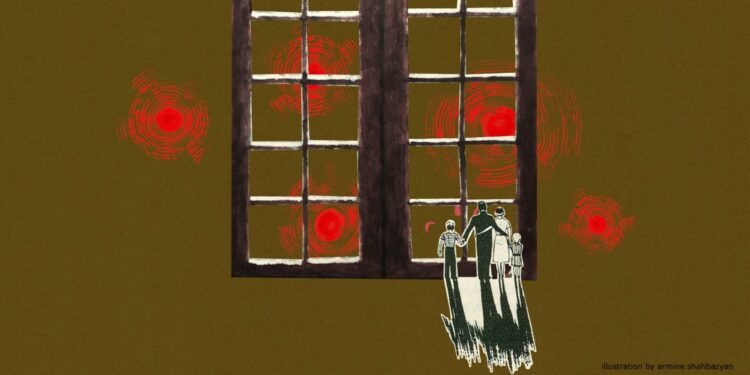Opinion
Can the West Be a Reliable Partner of Armenia? Part II
In Part II of a two-part series examining Armenia’s pivot to the West, Gaidz Minassian examines the question of the reliability of the partnership with Americans and Europeans.
Can the West Be a Reliable Partner for Armenia? Part I
While Armenia undertook a “huge strategic shift” toward the West two years ago, the question of the reliability of the partnership with Americans and Europeans remains unresolved, writes Gaidz Minassian.
Cyber Operations and International Law
In the ever-evolving landscape of modern warfare, the significance of cyber operations has grown significantly, providing nations with additional means to project power, exert influence and secure strategic advantages. Davit Khachatryan looks at the contemporary nature of conflicts in the digital age and their adherence to the foundational principles established by the UN.
Can Armenia Be Independent?
In a voluminous collection of texts, historian and former diplomat Jirair Libaridian examines the reasons behind the moral, military and intellectual defeat of the Armenian elite in the context of three issues: the contemporary history of the Republic of Armenia, the Nagorno-Karabakh conflict, and Armenian-Turkish relations.
Azerbaijan’s Snap Election: Aliyev’s “New Era”
Why did Aliyev call for snap presidential elections? What does this mean for the Armenia-Azerbaijan “peace process”? Tatevik Hayrapetyan writes that we may see a more aggressive and dangerous Azerbaijan, particularly if the West chooses to withdraw from the peace talks.
Conflicts Fueling Geopolitical Dynamics in 2024
2024 has gotten off to a bad start, with several destabilizing fires fueling the specter of a widespread conflict. In these circumstances, Armenia must opt for a global view of the regional situation, writes Tigran Yegavian.
“Western Azerbaijan”, Pan-Turkism and International Law
This article presents a comprehensive perspective on the concept of “Western Azerbaijan,” portraying it as a continually evolving agenda that Azerbaijan might be integrating into a broader framework of bolstering Turkish influence in the Caucasus.
A Call for Political Transparency and Accountability
In a recent interview, Armenia’s Prime Minister made a number of revelatory remarks challenging Armenia’s long-standing narrative on the Nagorno-Karabakh issue. Davit Khachatryan takes a closer look.
The Armenian Outcry Against Public International Law: In Search for Global Justice
With the ethnic cleansing of the Armenians of Artsakh and the collapse of the Nagorno-Karabakh Republic, many felt that international law has no influence when it comes to safeguarding Armenian interests. Is the law as culpable as it seems? What can be expected?
In Search of Meaning
Armenia has been on a slow descent into turmoil, politically fractured and spiritually tainted by the corruption of men and their egos, writes Tigran Yegavian. Recent tragedies have shaken the Armenian nation forcing the need to reassess the foundations of the Armenian cause and formulate a strategic vision.












